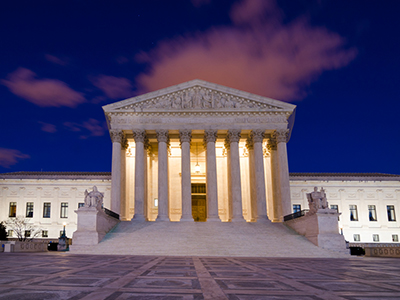In 2008, Rajat Gupta made a handful of short phone calls to his friend Raj Rajaratnam. The information that Gupta conveyed to Rajaratnam in those phone calls is now likely to cost Gupta millions of dollars, two years in prison, and the loss of his livelihood. These are the fateful consequences of the government’s use of wiretapping to uncover evidence of insider trading on Wall Street.
In June 2012, after a weeks-long trial and relying heavily on recorded conversations between Gupta and Rajaratnam, a jury convicted Gupta of three counts of federal securities fraud and one count of criminal conspiracy. The jury found that Gupta, a former director of Goldman Sachs, had provided Rajaratnam with material non-public information regarding Goldman’s then-unreported financial results and an imminent investment by Berkshire Hathaway at the height of the financial crisis. Though the court found that Gupta did not receive “one penny” in return for providing the information, he was convicted and ultimately sentenced by Judge Jed Rakoff to two years in prison and assessed a $5 million fine, a heavy penalty for his gratuitous generosity to his friend, Rajaratnam. To prove insider trading, the government is not required to prove that the “tippee” receive any direct financial benefit in recompense for transmitting material nonpublic information in violation of a duty of nondisclosure.
It is important to note that Gupta’s brief phone calls, which later became the key evidence used against Gupta in the criminal trial, were recorded by federal criminal prosecutors without Gupta’s knowledge or consent. (The SEC can seek to obtain wiretap evidence from criminal proceedings through civil discovery.) While the nation debates NSA snooping, this is a reminder that the Department of Justice could be listening to and recording your most sensitive domestic telephone conversations with court authorization. Gupta’s criminal prosecution was only possible because federal law enforcement officials had obtained warrants to record telephone communications of Gupta’s friend, Rajaratnam – telephone conversations that happened to include Gupta – based on evidence of possible insider trading. Gupta’s criminal conviction was then used to underpin his civil liability. The use of federal wire taps, previously the weapon of choice in organized crime prosecution, to generate the evidence needed to pursue both criminal and civil insider trading cases is a watershed moment in securities enforcement. READ MORE →








